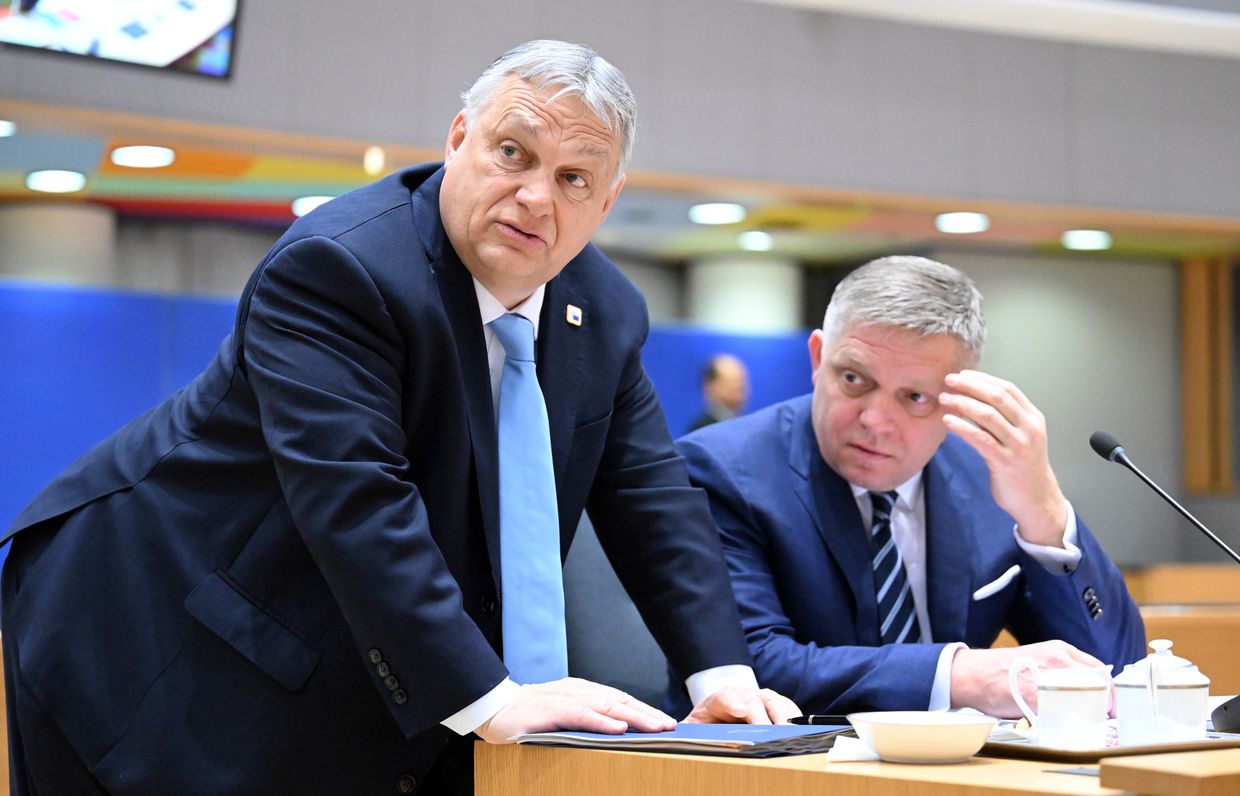EU should reconsider Hungary's Schengen membership over easing visa rules for Russia, MEPs say

The EU must take "urgent measures" regarding Hungary's decision to soften visa rules for Russian and Belarusian citizens, a group of 69 European parliamentarians said in a letter published on Aug. 3.
In early July, Hungary quietly changed the rules for its National Card program to allow Russian and Belarusian "guest workers" to enter the country in a streamlined visa-acquisition process that does away with enhanced security checks or other restrictions.
In an appeal spearheaded by Lithuania's Petras Austrevicius and Czechia's Danuse Nerudova, the MEPs said that Budapest's "irresponsible decision poses a significant security threat to all member states and citizens."
"If the Hungarian government refuses to change its policy, the Commission and all EU representatives should question Hungarian presence in the Schengen by introducing new measures to safeguard European citizens, including new controls at Hungarian borders if necessary," the letter read.
According to the signatories, the permission for Russian or Belarusian "workers" to move freely in the Schengen Area without clearance "could strengthen the Russian espionage network within the EU."
The Schengen Area includes 29 European countries – mostly EU members – who have abolished mutual border controls.
Other European leaders have previously raised the dangers connected to the easing of visa rules, saying that Hungary's decision will increase the risk of espionage and create national security concerns.
The MEPs' letter echoed this sentiment, pointing to Russian malicious activities in Europe, such as blowing up ammunition stores in Czechia in 2014 or poisoning former Russian military intelligence officer Sergei Skripal and his daughter in the U.K. in 2018.
The Euroepan Commission appealed to Hungary on Aug. 1 to explain its decision, promising to act if the scheme presents security risks.
Some 500 Russian intelligence agents or spies have been evicted from the EU since the outbreak of the full-scale war in 2022, Euronews wrote.
This is not the first headache Hungary gave the EU as the bloc seeks to present a united front against Russian aggression in Ukraine.
The Central European country has deepened economic ties with Moscow during the full-scale war while repeatedly obstructing sanctions against Russia and aid to Kyiv.
Most recently, Budapest threatened to continue blocking around $7 billion in Ukraine defense funding from the EU unless Kyiv ceases to block the flow of Russian Lukoil oil to Hungary.













